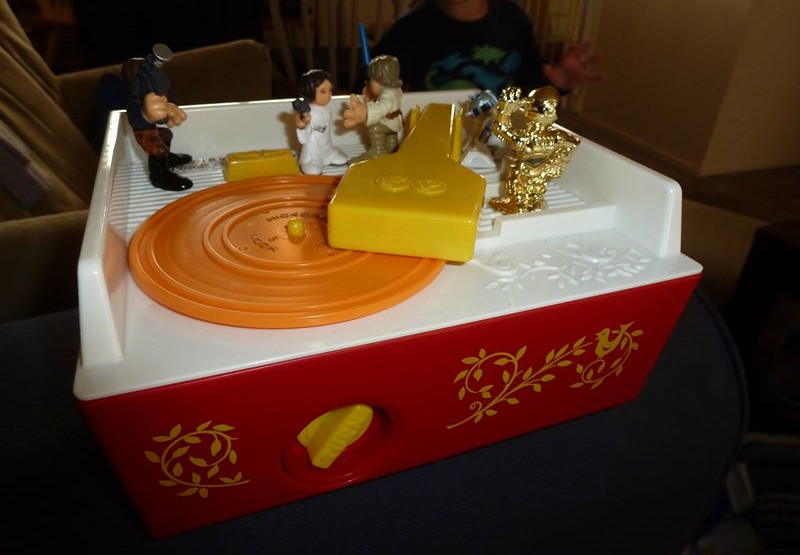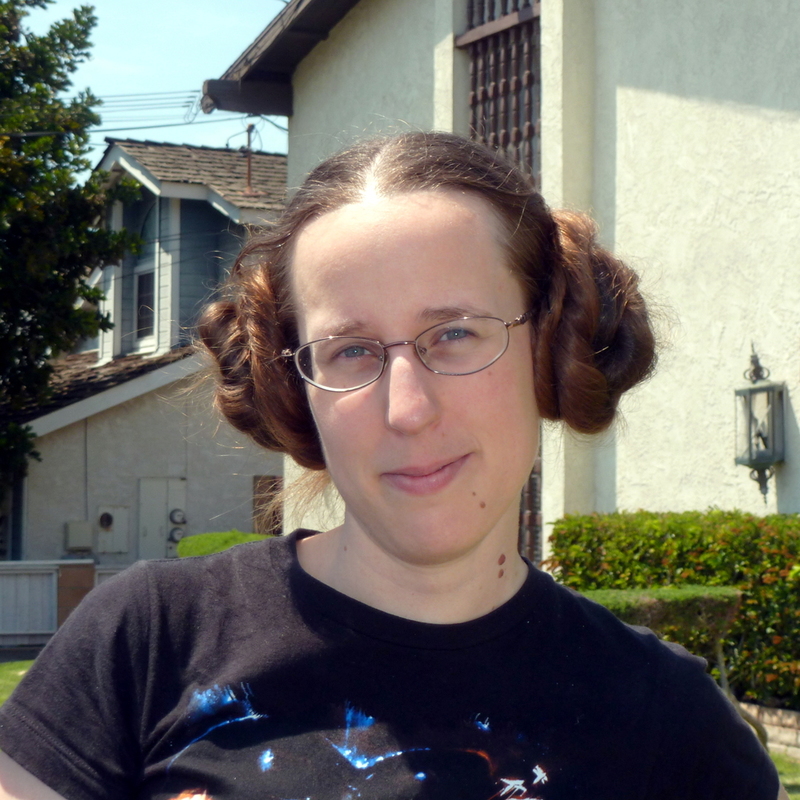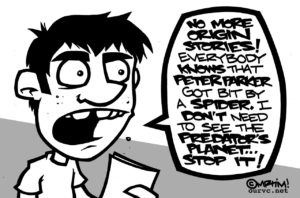BoingBoing explains why SMS messages are more likely to get through than phone calls or mobile data during a large emergency. (Short version: They’re async, so the phone or tower can retry later, and they’re momentary, so they don’t tie up a channel like a call would.)
The article doesn’t bring it up, but I’d add the magnifying effect of social media. If that SMS message happens to be a status update to Facebook or Twitter, you can tell a lot of people outside the area that you’re OK (or not) at once, even over congested airwaves or wires.
Update 2024: I wonder how well RCS fares under the same circumstances, and how well it falls back to SMS. Especially since it looks like fallback is an app feature, not a service feature, so I can imagine some third party apps forgetting or not bothering to implement fallback.
Also, the social media aspect no longer applies now that the networks have discontinued post-by-SMS.


